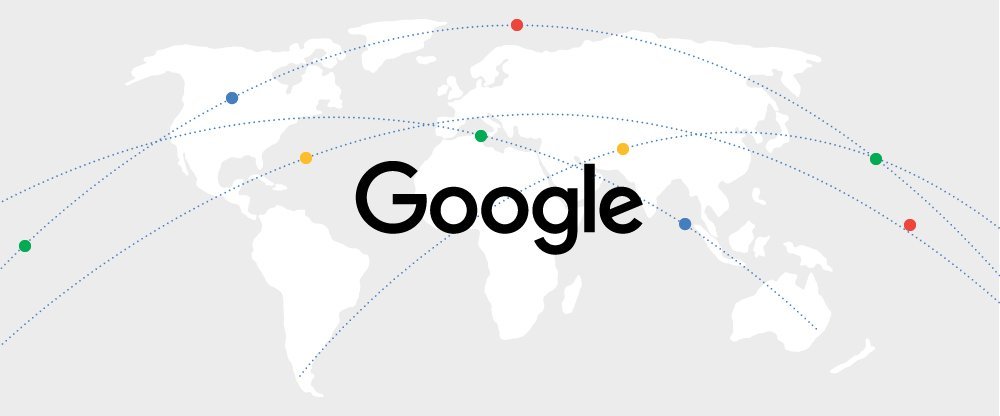Following outages, Google tries to reassures users that its systems can handle the added stress from COVID-19

What you need to know
- YouTube and some of Google's services were out for some time yesterday.
- The company's SVP of Technical Infrastructure has now taken to Google's blog to reassure everyone that its network can handle the added stress.
- The outages yesterday were the result of a router failure and not a sign of network overload.
Some of Google's services unfortunately went down for a time yesterday, but if you're worried it's a sign of future trouble, the company wants you to rest assured that it can, in fact, handle the excess demand resulting from the explosion of remote work.
"As the coronavirus pandemic spreads and more people move to working or learning from home, it's natural to wonder whether the Google network can handle the load. The short answer is yes," says Senior Vice President of Technical Infrastructure, Urs Hölzle.
Very sorry about that! We had a router failure in Atlanta, which affected traffic routed through that region. Things should be back to normal now. Just to make sure: this wasn't related to traffic levels or any kind of overload, our network is not stressed by Covid-19. https://t.co/vZEJpkgRloVery sorry about that! We had a router failure in Atlanta, which affected traffic routed through that region. Things should be back to normal now. Just to make sure: this wasn't related to traffic levels or any kind of overload, our network is not stressed by Covid-19. https://t.co/vZEJpkgRlo— Urs Hölzle (@uhoelzle) March 26, 2020March 26, 2020
After restoring service yesterday, he also took to Twitter to inform everyone that the outages were the result of a router failure and not the result of network overload.
He points out that this isn't the first time the company is seeing a surge in demand. Similar spikes occur during Cyber Monday or the World Cup, for example, and the company's network is designed to continue operating even during these events. "We've designed our network to perform during times of high demand," Hölzle said.
The post points to Hangouts Meet and YouTube as two of the company's services that are seeing a particular increase in usage, but says that even for those services, "peak traffic levels are well within our ability to handle the load."
The company recently also reduced the default video quality for YouTube to 480p to help alleviate the stress on its systems. Hölzle says his team is "continuing to work with governments and network operators around the globe as we do our part to minimize stress on the system."
Coronavirus and tech: Ongoing list of event cancellations, disruptions, product delays, and more
Be an expert in 5 minutes
Get the latest news from Android Central, your trusted companion in the world of Android

